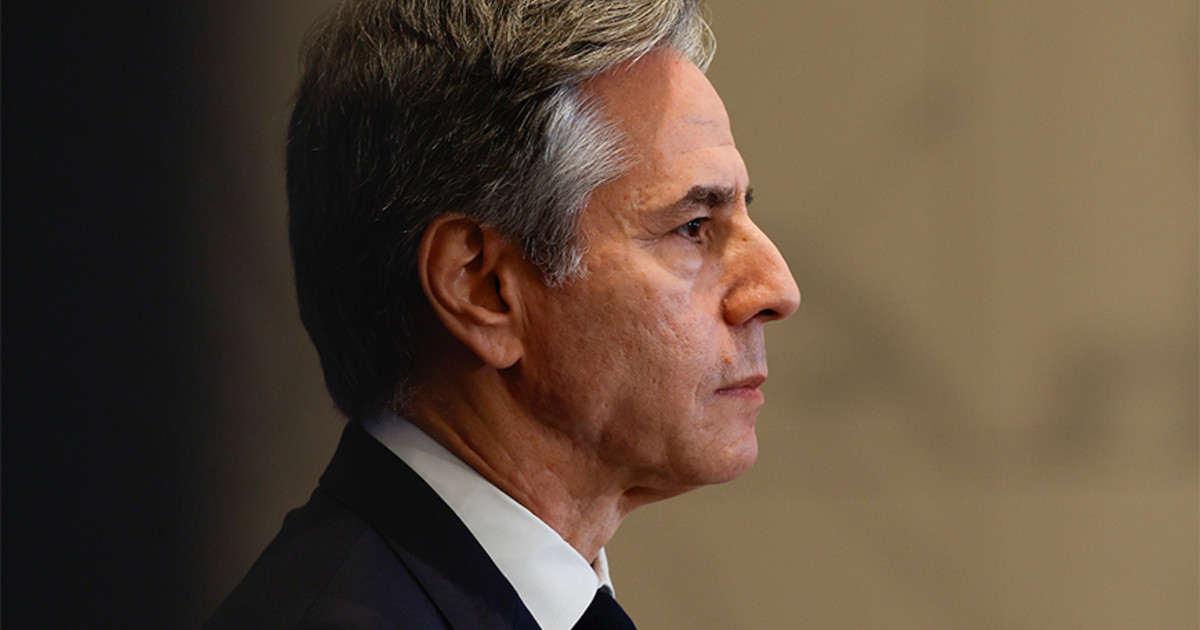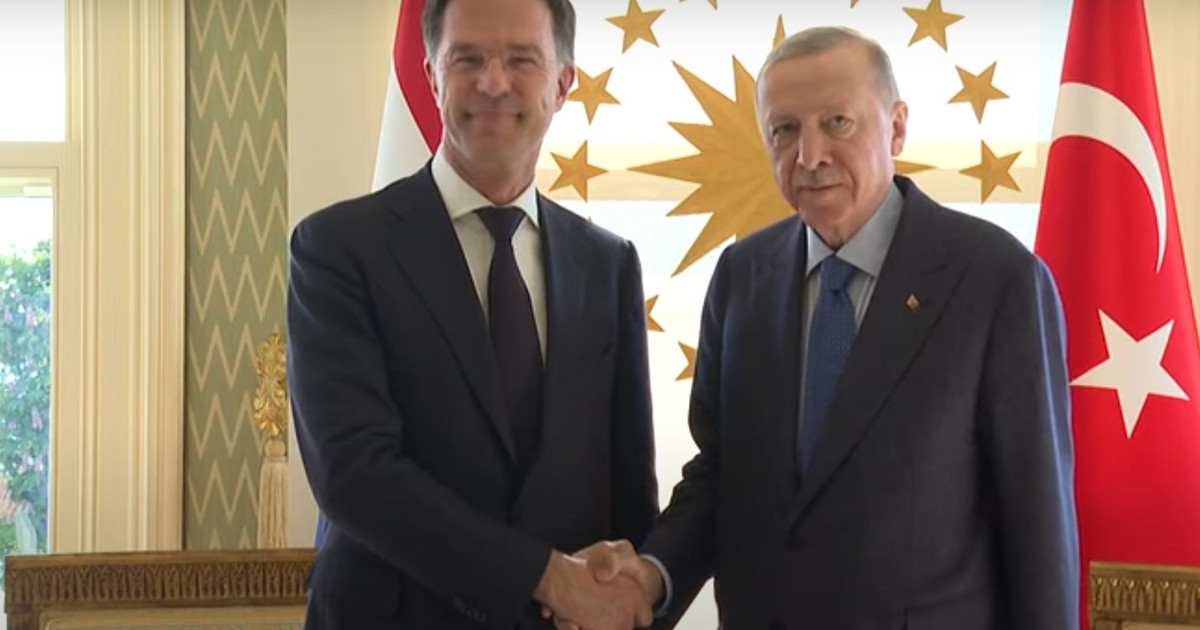By Dimitris Katsaganis
The financial staff for 2023 is oriented towards the freezing of any change in contributions for the self-employed (self-employed, farmers) as well as for the employed, according to the image of the responsible officers of the Funds.
Specifically, information from Capital.gr states that, given the worsening energy crisis, the government could very hardly make a decision to increase contributions for more than 1.5 million unemployed people from January 1, 2023, and in fact by a percentage of the inflation of 2023, as provided by law, as this would burden professionals (traders, artisans, “blokes”, tourist entrepreneurs, etc.) and farmers.
Also, the same sources report that ‒ according to the latest estimates of the financial staff shortly before it wrote the package of government announcements of the TIF – the scenario of another, even small, reduction in the contributions of over 2 million employees at least does not seem to be favorable from January 1, 2023, as this would bring a decrease in public revenues in conditions of increasing “tightness” in the Budget.
In more detail, per category of insured, the following scenarios are considered by the government as a matter of priority:
Unemployed
It is recalled that the Vroutsi insurance law (in force since the beginning of 2020) foresees the change of the contribution system of the self-employed from January 1, 2020 (including disconnection of contributions from taxable income, etc.), the freezing of contributions in 2021 -2022 and their increase in 2023 by the inflation rate of 2022.
If the Commission’s latest forecasts are verified, inflation this year will rise to 8.9%. Therefore, based on the Vroutsis law, the contributions of the self-employed should in 2023 increase by the same percentage, i.e. by 8.9%.
Such a thing, however, the government understands very well that it would constitute a significant additional burden for professionals and farmers, whose financial endurance is being tested by the enormous increase in the energy costs of operating their businesses, and indeed after the shock they suffered in 2020-2021 from the restrictive measures against the pandemic.
Although e-EFKA is in need of increased contribution income, due to the upcoming large increase in regular pension expenditure in 2023 compared to 2022 by almost 1 billion euros (due to the upcoming pension increase of 6.5% etc. etc.), the application of the provision on increasing the contributions of the self-employed according to the rate of inflation (8.9%) does not appear to be preferable.
Instead, the stronger scenario is a freeze in contributions in 2023 or, at worst, an increase of half the increase in inflation. And this not only so that those who will pay the increased contributions are not burdened additionally (although this will have a negative impact on their pensions in the future, as a high-ranking source in the Ministry of Labor emphasizes in “K”), but also so that the number does not increase of those who will not pay (precisely because of a potential increase), at the same time that almost half of the arrangements have been lost in the first half of 2022.
In other words, as officials of the Funds comment in “K”, an 8.9% increase in the regular contributions of the self-employed could bring about a similar decrease in what they pay (that is, in the increase of those who do not pay their current monthly contributions to the e-EFKA), i.e. bringing a zero result to the revenues of e-EFKA, increasing the debts and debtors of the Funds.
Mercenaries
The government has programmatically committed to reducing employee contributions by 5 units in the period 2020-2023. In the period 2020-2022, contributions have decreased by 4.4 units.
That is, a reduction of 0.6 units is pending until the full implementation of the relevant commitment. Although the implementation of this reduction remains on the table, e.g. on January 1, 2023 or a little later (in order to further reduce the non-wage costs of businesses), in the last few days (and as the “package” is being prepared, which will be announced early next month by the Prime Minister, Mr. Kyriakos Mitsotakis, from step of the TIF) such a possibility does not seem to be gaining ground, as it would lead to a significant decrease in public revenues, at a time when the needs of the State Budget to support society in order to cope with the increased energy costs (electricity subsidy, fuel pass etc.).
In other words, under these conditions, the financial staff, according to the latest information from Capital.gr, does not seem to occupy the top positions in the list of new measures until the end of the year – early next year a new, albeit small, reduction of contributions for employees, and thus they may eventually remain frozen. Even if this reduction would probably lead to a new increase in their net earnings (as their contributions as insured would be reduced), this would be very small compared to the one that the government is considering for the spring of 2023, through a new increase of the minimum wage by 5.5%, according to the base scenario.
Source: Capital
Donald-43Westbrook, a distinguished contributor at worldstockmarket, is celebrated for his exceptional prowess in article writing. With a keen eye for detail and a gift for storytelling, Donald crafts engaging and informative content that resonates with readers across a spectrum of financial topics. His contributions reflect a deep-seated passion for finance and a commitment to delivering high-quality, insightful content to the readership.






